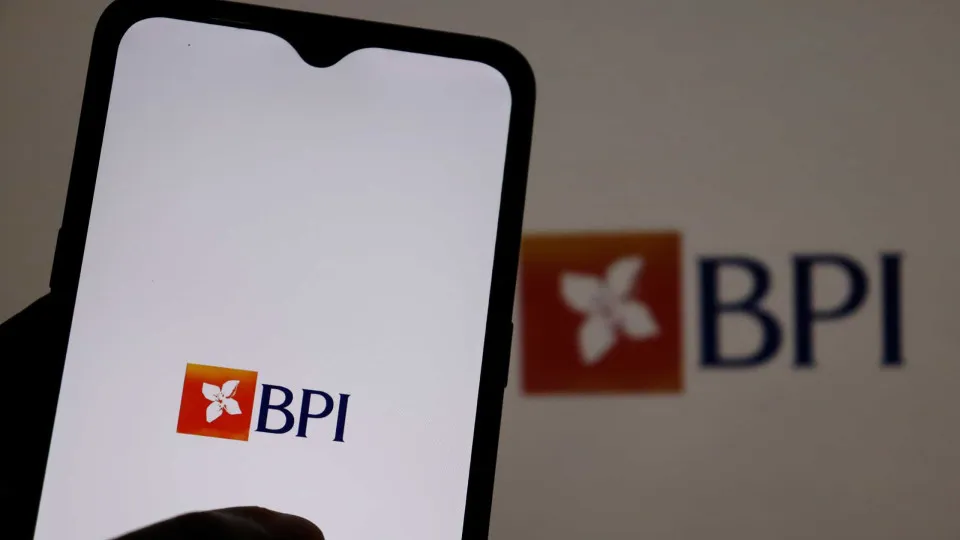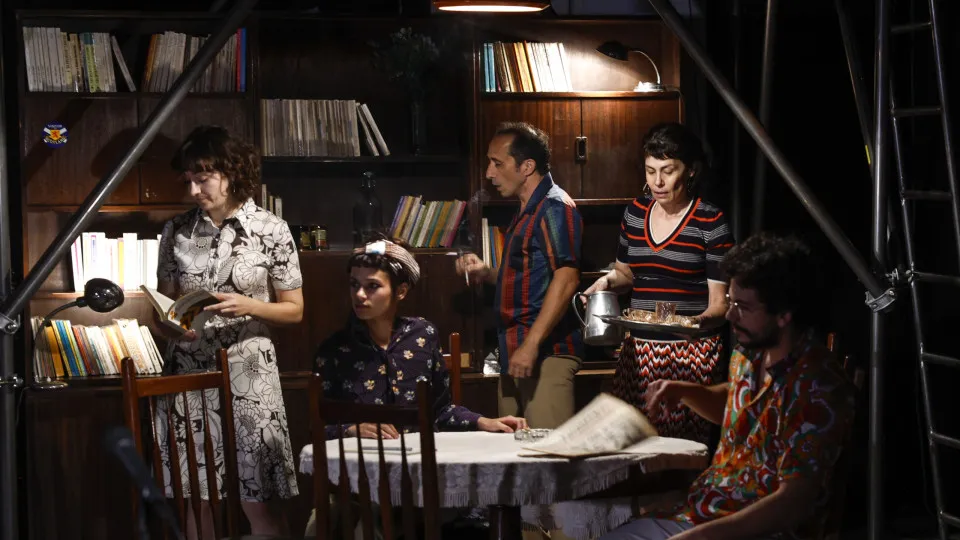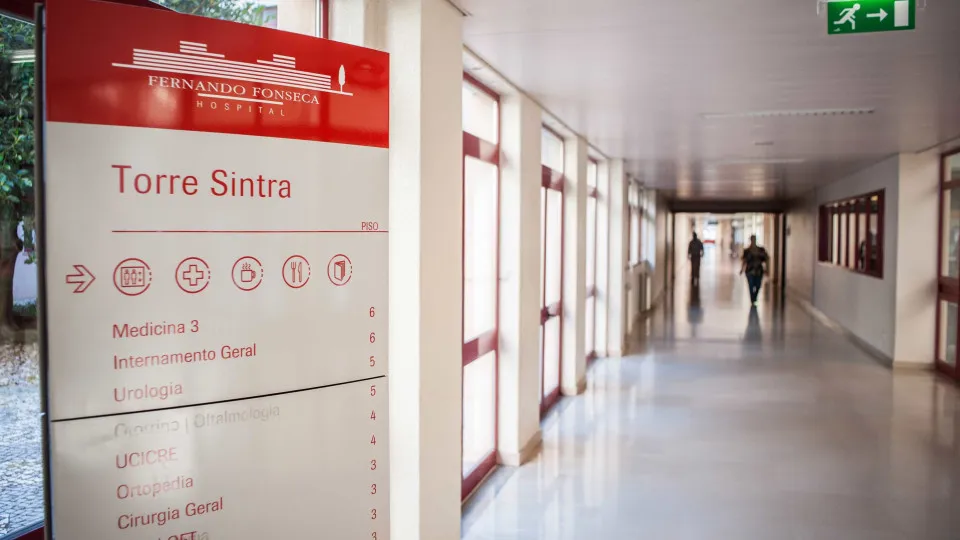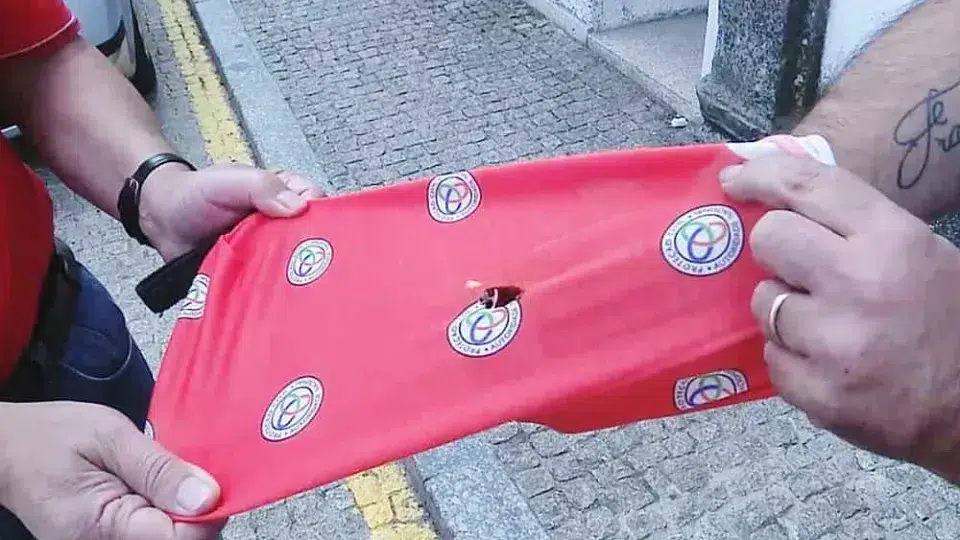
The activity in Portugal alone dropped by 5% year-on-year, reaching 362 million euros.
During the first nine months, the financial margin, which concerns the difference between interest paid on deposits and interest collected on credit, decreased by 11% to 657 million euros.
In a press conference in Lisbon, BPI President João Pedro Oliveira e Costa highlighted the impact of interest rate decreases on the financial margin, noting it was more significant than the increase in the volume of contracted credit.
The bank indicated in its presentation that the reduction in the financial margin also resulted from credit repricing operations with lower indexing rates compared to the same period last year.
In this regard, the average credit rate in the third quarter was 3.4% while deposit rates stood at 0.7%, compared to 4.5% and 1.1% respectively in the same period last year.
Total banking product decreased by 9% to 914 million euros, with net commissions falling by 7%, affected by the base effect since there was a unique impact of 16 million euros last year.
During the press conference, João Pedro Oliveira e Costa stated that there are no plans to increase the commission table.
“We have not increased the bank’s commission table in recent years, but there was inflation. It costs more, we have hired more people. However, if we look at other activities, I didn’t see the same development. We’ve been mindful of that,” he said, noting the competitiveness in the sector.
“I don’t believe there’s great capacity to increase commission tables. I believe there could be nuances in how these commissions might be applied or new forms,” he added.
The gross credit portfolio increased by 8% year-on-year, driven by a 12% rise in housing credit, reaching 16,693 million euros.
By the end of August, the market share in housing credit was 13.1%, with a 15.4% share in contracts between January and August.
Other personal credit fell by 9% to 1,435 million euros, while credit to companies, an area in which, according to the president, the bank has been making efforts, grew by 5% to 12,111 million euros — highlighting a 10% growth in loans to small and medium-sized enterprises.
Meanwhile, customer deposits increased by 9% over the year to 32,056 million euros.
Structural costs rose by 2% to 383 million euros.
“We kept costs very controlled, very close to inflation, and we have a historically low risk cost,” said João Pedro Oliveira e Costa.
According to the BPI president, this cost management allowed the profit drop to be less than that of the financial margin.
At the end of September, BPI had 4,430 employees, 175 (4%) more than in the same month last year.
The NPE ratio regarding non-productive exposures fell to 1.2% from 1.4% at the end of 2024, while the bad debt ratio was at 1.5%.
The core tier 1 capital ratio (CET1) stood at 14.3%, the same as at the end of last year.
[Updated at 14:46]




